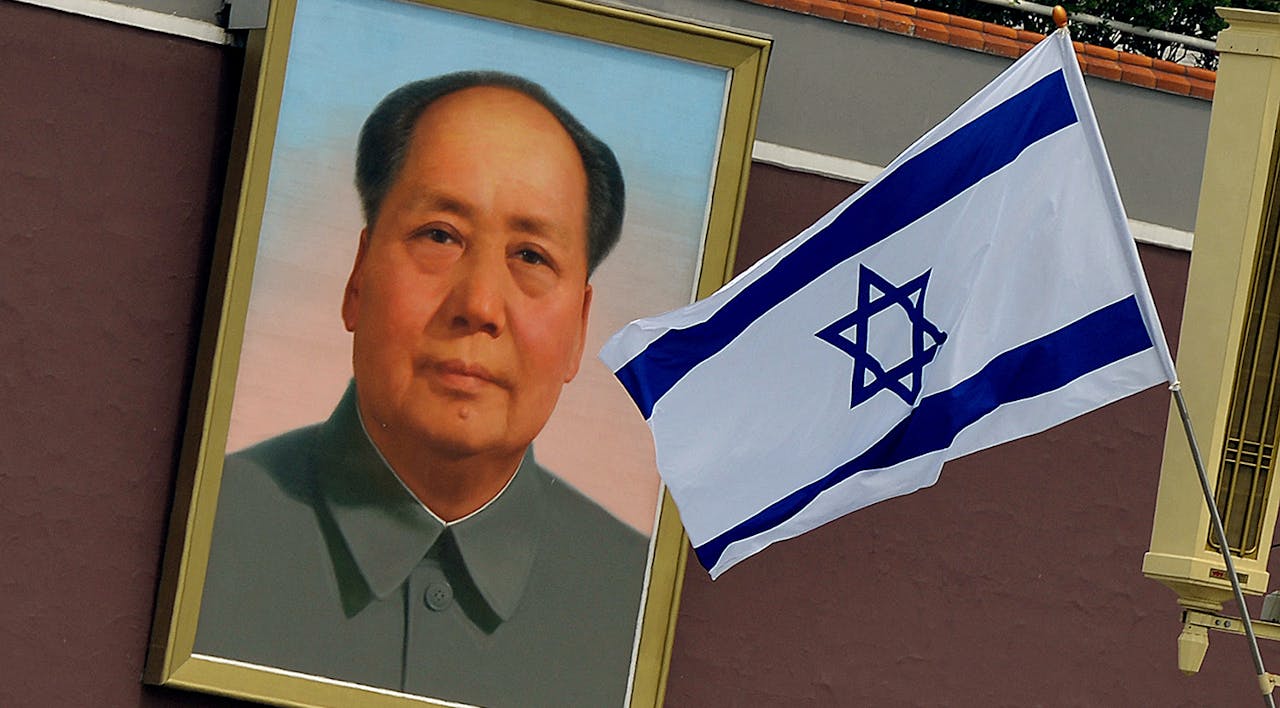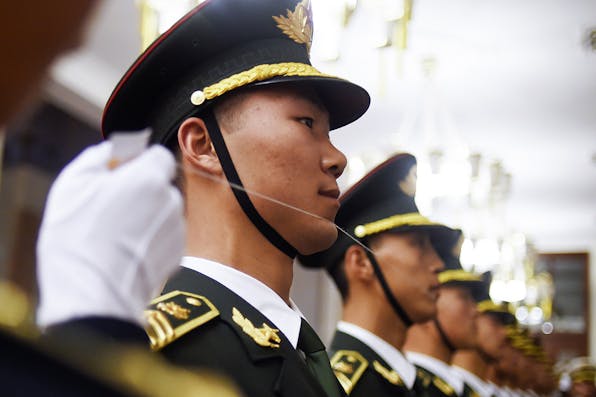
September 2022
No, Israel Isn’t Falling Into China’s Orbit
Much has been made about the Jewish state’s growing ties with China. But those ties are loosening, and if a new cold war is in the offing, Jerusalem won’t be on Beijing’s side.
The headlines speak for themselves. Two years ago, a writer in Foreign Policy lamented that the U.S. has tried and failed to “get Israel to break up with China.” A year later, it was the editor of the Jerusalem Post who argued that Israel “has to choose” between Washington and Beijing, while the Washington Post noted that Israel’s failure to do so was “testing its relationship with the U.S.” Mosaic has been raising this question from the beginning: a 2015 headline asked “Is China a Friend of Israel?” but by 2018 the definitive answer was that “Israel’s embrace of China is sorely misguided,” and by 2020 this embrace was an “impasse obstructing U.S.-Israel relations.” The concerns expressed in these and scores of other articles are all too real: the People’s Republic of China is a serious challenge, the U.S.-China rivalry is becoming more intense, and Washington is troubled by its allies’ entanglements with Beijing. But the issues are not quite so stark as we are often told.
This might seem an odd thing to say in 2022, when what were once the worries of a few foreign-policy wonks and former diplomats have become a major part of the public discourse. In the 30-odd months since I last wrote about this subject in Mosaic, the world has been transformed. American economic and diplomatic competition with China has become more overt and more intense in almost every sphere. At home, the Chinese government has grown more assertive, tightening its grip on Hong Kong and subjecting the Uyghurs of Xinjiang to myriad ordeals and cruelties. Abroad, its representatives practice “Wolf Warrior” diplomacy, bluntly condemning the policies of its perceived rivals and responding aggressively to any criticism. Then there are Beijing’s severe economic and diplomatic measures against Australia—for voicing support for an international inquiry into the sources of COVID-19—and Lithuania—for allowing a Taiwanese embassy to open in Vilnius. China’s implicit backing for the Russian war on Ukraine has brought the polarization of the international system into sharper relief, while its continued threatening of Taiwan raises worries of a showdown that could have far-reaching effects on the entire world order. Add to this the coronavirus pandemic and the attendant economic and social disruption, and the result is a worldwide shift in China’s perceived power and reputation.
America, for its part, has changed in response. Despite the major tonal differences between the Biden administration and its predecessor, there has been a great deal of continuity between the two in dealing with China and the Indo-Pacific. While there remains much uncertainty and debate about how to confront China, there is now, unlike before, little question that its ambitions must be countered. Overall, the U.S. sees its task as defending the global order of free trade and respect for national sovereignty. Beijing, by contrast, views American polices as an effort to contain and weaken its influence.
